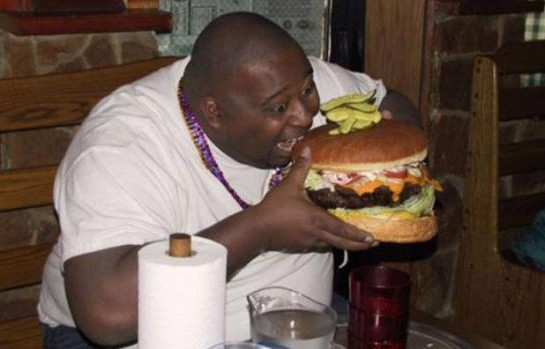“We act like a snack, not a vegetable,” he told the investors. “We exploit the rules of junk food to fuel the baby-carrot conversation. We are pro-junk-food behavior but anti-junk-food establishment.”
The investors were thinking only about sales. They had already bought one of the two biggest farm producers of baby carrots in the country, and they’d hired Dunn to run the whole operation. Now, after his pitch, they were relieved. Dunn had figured out that using the industry’s own marketing ploys would work better than anything else. He drew from the bag of tricks that he mastered in his 20 years at Coca-Cola, where he learned one of the most critical rules in processed food: The selling of food matters as much as the food itself.
Later, describing his new line of work, Dunn told me he was doing penance for his Coca-Cola years. “I’m paying my karmic debt,” he said.
This article is adapted from “Salt Sugar Fat: How the Food Giants Hooked Us,” which will be published by Random House this month.
Michael Moss is an investigative reporter for The Times. He won a Pulitzer Prize in 2010 for his reporting on the meat industry.










